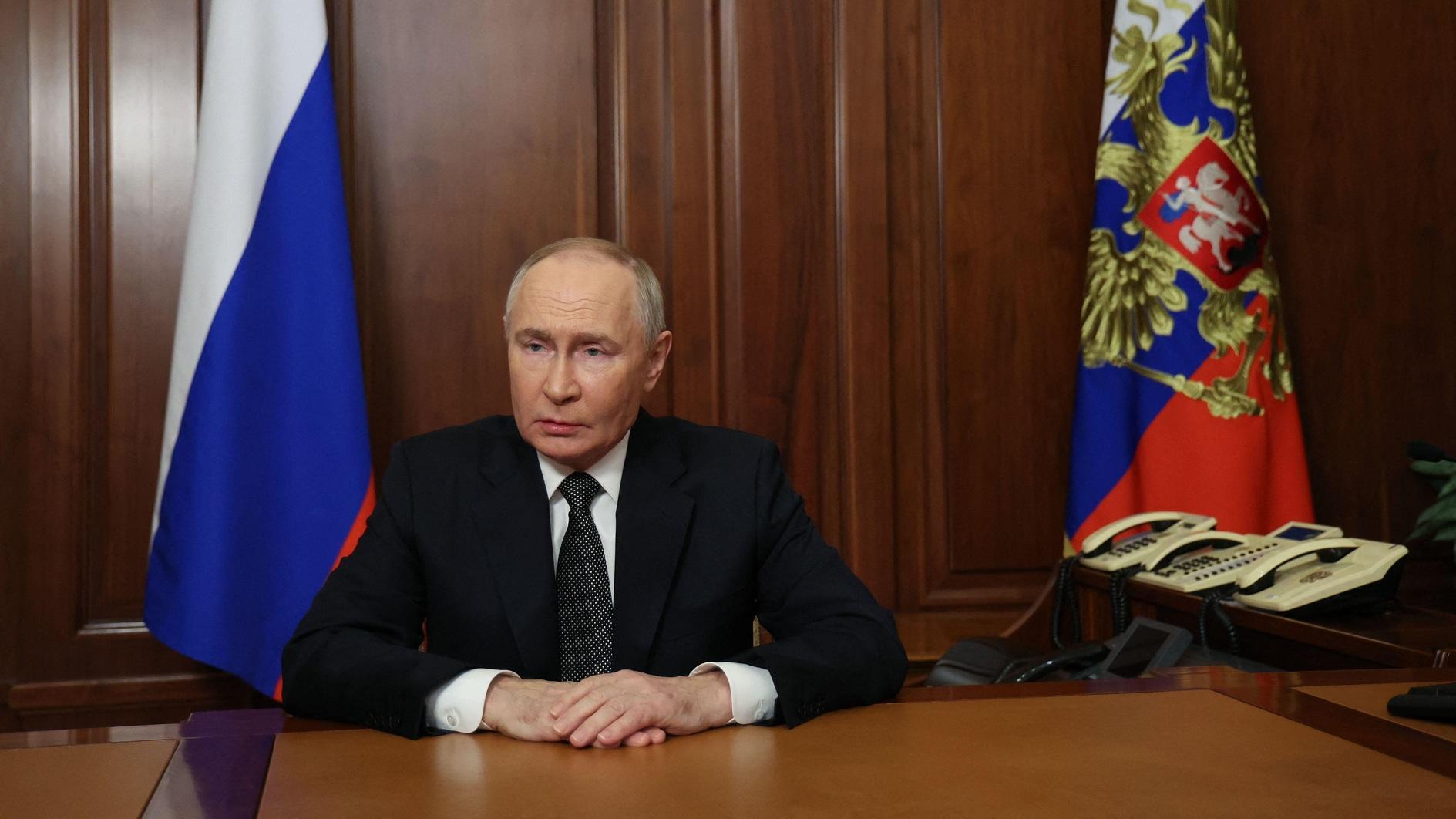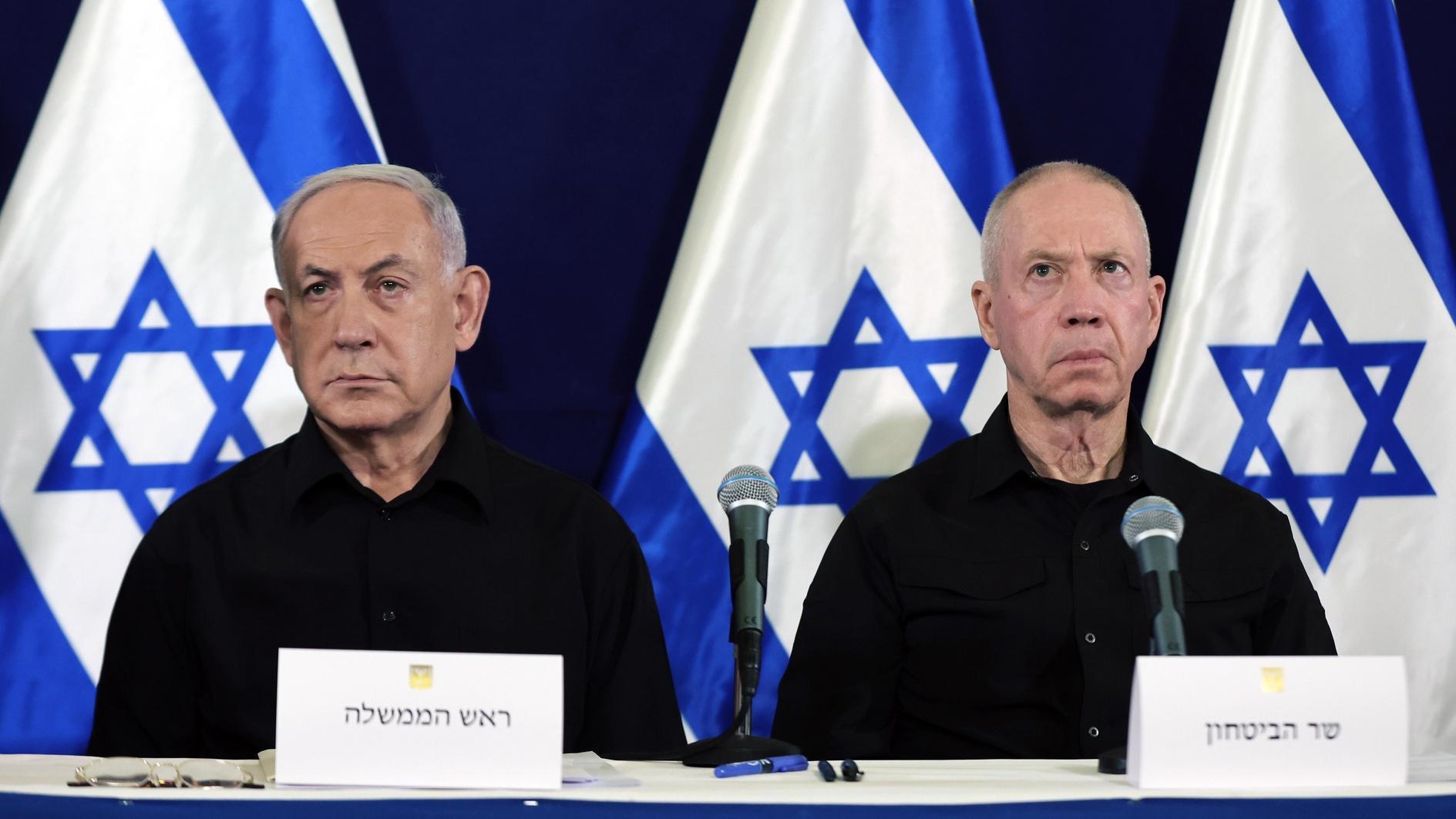Gül offers Yemen-like exit way for al-Assad
ISTANBUL - Reuters

President Abdullah Gül
Syrian President Bashar al-Assad could be removed from power using a “Yemeni Model” in which he steps aside under guarantees of protection ahead of elections, President Abdullah Gül suggested March 1.In following the lead of ex-Yemeni President Ali Abdullah Saleh, however, Syria could be hamstrung by the fractures in the Syrian opposition, Gül said.
“This transformation will no doubt take time,” he told Reuters in an interview, adding that the opposition must create a structure that embraced all segments of society.
Gül also said Russia and Iran would soon realize that they had little choice but to join international diplomatic efforts against the Syrian regime. Russia, along with China, vetoed a U.N. Security Council resolution condemning al-Assad’s use of force last month.
“We have to wait and see how long Russia will be able to take upon itself the burden of this regime,” he said.
“In my opinion, it won’t be very long. In the time of the Cold War, such things happened in a very closed environment. However, today developments take place in the open. I think in time Russia will see its support has been abused by the Syrian regime. They will recognize this fact when they see the heavy weapons being used against the people in Syria. That is not very tolerable, not even for Russia,” he said.
Ankara tries to convince Iran
Gül said Ankara was talking to Iran, a close ally of al-Assad, in an effort to persuade it to accept the inevitable and back diplomatic action against the Syrian president. “Even Iran doesn’t have the power to make water run uphill ... And if the worse scenario were to come true, it is not possible that Iran could not feel any responsibility for that. It will be responsible.”
He said Russia and Iran should be persuaded by the international community and countries in the region to accept reality and stop the crackdown.
Sectarian conflict
Gül has warned in the past of the danger of violence in Syria fueling sectarian conflict that could envelop the entire Muslim Middle East. “It’s a trap in the region, and similar incidents happened in the Middle Ages in Europe. The Middle East should not repeat these mistakes … We know that the danger is there, but awareness is also there.”
In Syria, any new administration must find ways of accommodating Sunni Muslims and Christians, as well as the Alawites, who have been the bedrock of al-Assad’s rule, he said.
















